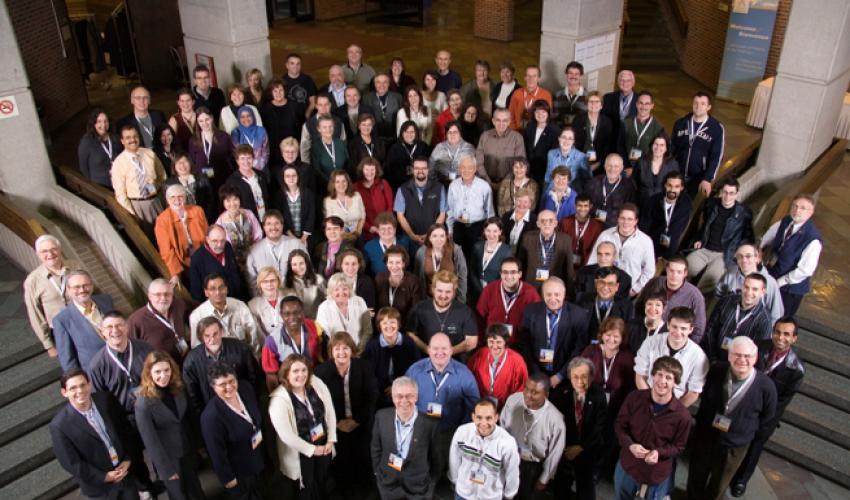
The Citizen as a Coproducer of Public Services
GRETA NASI AND TWO COAUTHORS PROPOSE A NEW APPROACH TO PUBLIC MANAGEMENT FOCUSED ON SERVICES, IN WHICH THE USER BECOMES AN ESSENTIAL STAKEHOLDERContemporary public management theory generally focuses solely upon either administrative processes or upon intraorganizational management, since these aspects are directly derived from its two main influences: public administration and the so-called New Public Management, respectively. However, recent developments seem to require a broader paradigm that emphasizes both the governance of interorganizational relationships and the efficacy of the whole system, rather than single public service organizations. Another flaw of extant approaches to the problem is that they are derived from management research, which holds that public services are product-oriented, almost like manufacturing. Public management should, instead, focus on services, taking a systematic view of public policy that accounts for the entirety of service-providing organizations, as well as for their relationships.
In a recent review article titled A New Theory for Public Service Management? Toward a (Public) Service-Dominant Approach, which appeared on the American Review of Public Administration (doi: 10.1177/0275074012466935), Greta Nasi, an associate professor at Bocconi University’s Department of Policy Analysis and Public Management, and her coauthors Stephen Osborne (University of Edinburgh) and Zoe Radnor (Loughborough University) propose a new approach to public management that is public service dominant, emphasizing the role of knowledge transformation. The four pillars of this framework are strategic orientation, marketing of public services, coproduction, and operations management.
Strategic orientation refers to the capacity to understand the needs and expectations of citizens and service users. By adopting a public service-dominant approach to service delivery, both the citizen and user are situated as essential stakeholders, and their engagement in these processes adds value to both. The marketing of public services is important because—far from being about “selling”—it has the potential to integrate a number of distinctive public management challenges, such as communication with service users and their engagement. In this respect, a public service-dominant marketing approach is essential both for turning the strategic intent of a public service into a specific “service promise,” for shaping user expectations, and for developing trust within public service delivery.
Coproduction refers to the ways in which user involvement can be included in service delivery. Taking a public service-dominant approach, coproduction becomes an inalienable component of public services that places the experiences and knowledge of the user at the core of service provision. Finally, operations management is about how organizations design, plan, control, manage and improve the delivery of their goods and services. The public service-dominant approach and efficient operations management are mutually dependent. In fact, without the former, operations management within public services will only lead to more efficient but not more effective public services; but without the latter, a public service-dominant approach to public services will lead simply to an unfulfilled “public service promise”.
by Alessandro Piazza
